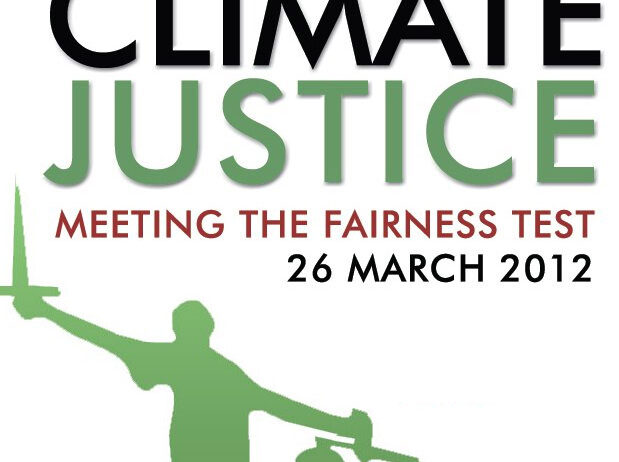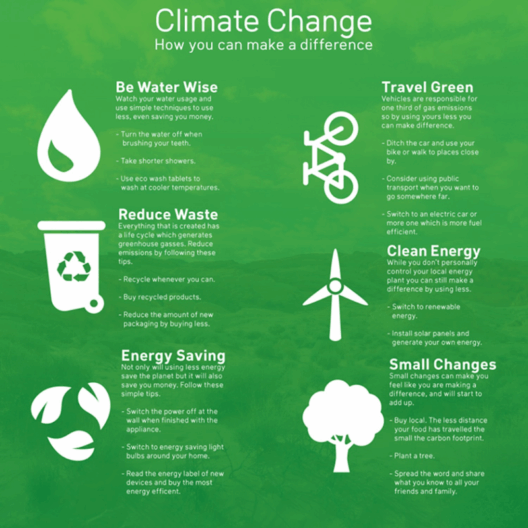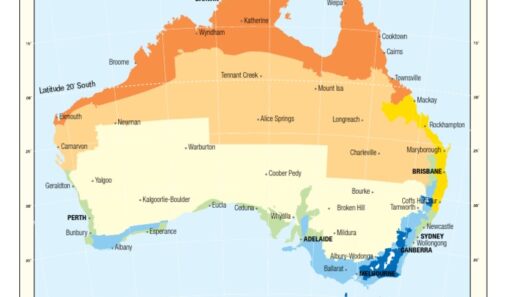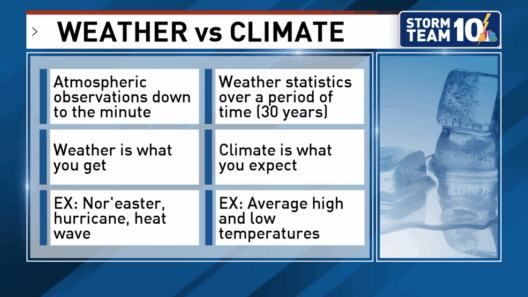Climate justice is an emerging framework that intersects environmentalism, social justice, and human rights. It addresses the disproportionate impacts of climate change on marginalized communities while advocating for equitable solutions to environmental degradation. This complex issue involves understanding the intricate relationships between environmental policy, economic inequality, and social justice. In an era defined by unprecedented climate challenges, the fight for climate justice is not merely an ethical concern; it is a fundamental struggle for fairness and human dignity.
At its essence, climate justice recognizes that climate change is not experienced uniformly across the globe. Vulnerable populations—often those least responsible for greenhouse gas emissions—bear the brunt of climate-related disasters, including rising sea levels, extreme weather events, and inadequate access to resources. Thus, climate justice advocates argue that environmental policy must consider both the causes of climate change and the social constructs that exacerbate vulnerability.
The Movement for Equality: Understanding Climate Impact on Communities
Communities of color, low-income neighborhoods, and developing nations often find themselves at the crossroads of environmental injustice. These groups experience higher exposure to pollutants, lack adequate healthcare resources, and have limited political voice in environmental decision-making processes. For instance, urban areas with significant industrial activity often coincide with marginalized communities where air and water quality is dramatically compromised. In this context, environmental policy must not only mitigate climate change but also rectify these inequities.
Furthermore, indigenous peoples frequently face the loss of their lands and traditional lifestyles due to resource extraction and environmental degradation driven by climate change. Their unique knowledge systems and cultural practices are vital for sustainable land management. Advocating for climate justice means elevating these voices to shape policies that reflect their rights and responsibilities toward the Earth.
The Ethical Call for Intergenerational Responsibility
Climate justice also encompasses intergenerational equity, positing that current actions regarding climate change have profound implications for future generations. The prevailing concern is that short-term economic gains often overshadow considerations for long-term ecological sustainability. As climate change escalates, younger generations will inherit a world fraught with challenges, including food insecurity, displaced populations, and loss of biodiversity. The ethical responsibility to rectify these issues lies with current decision-makers who must implement policies that ensure a sustainable future.
This notion of ethical responsibility extends beyond national borders. Developed nations, historically the largest emitters of greenhouse gases, have a unique obligation to support developing nations in their climate adaptation and mitigation efforts. International agreements, such as the Paris Accord, are essential, but equity must guide their implementation. The rich countries must provide financial support, technology transfer, and capacity-building measures for vulnerable nations. Only then can a truly just and effective global response to climate change emerge.
Promoting Policy Change: The Role of Advocacy and Legislation
For meaningful progress in the climate justice movement, comprehensive policy changes are imperative. Advocacy groups play a crucial role in influencing legislation that addresses both environmental and social issues. This includes promoting renewable energy initiatives that not only reduce carbon emissions but also create job opportunities in disadvantaged communities.
One impactful approach is the integration of climate justice principles into the Green New Deal framework. This comprehensive proposal aims to tackle climate change while ensuring economic growth and social equity. It emphasizes the creation of sustainable jobs, investment in green infrastructure, and the establishment of a just transition for workers from fossil fuel industries. By combining climate action with social justice, the Green New Deal presents a holistic solution to contemporary challenges.
Grassroots movements have also been instrumental in this fight. Community-led initiatives showcase the power of collective action. Local actions such as community gardens, clean-up operations, and educational workshops empower individuals to take charge of their environmental impact. These grassroots efforts often help to build resilience in communities facing climate challenges, thus embodying the principle of climate justice on a tangible level.
Rethinking Economic Structures: Beyond Traditional Paradigms
The fight for climate justice also necessitates a critical examination of existing economic models that prioritize profit over ecological integrity. Current capitalist frameworks often encourage exploitation of natural resources without considering environmental regeneration or community well-being. Advocates argue for a transition toward circular economies, where waste is minimized, and resources are reused. Such economic structures not only mitigate climate impacts but also promote social equity and resilience.
Regenerative agriculture serves as an illustrative example of this paradigm shift. By focusing on sustainable farming practices that restore soil health, enhance biodiversity, and sequester carbon, regenerative agriculture can bolster food security while also addressing climate issues. Integrating these practices into local economies supports both ecological sustainability and social justice, creating a symbiotic relationship between the environment and communities.
Conclusion: The Path Forward in the Fight for Climate Justice
Climate justice is an intricate tapestry woven from the threads of environmental advocacy, social equity, and ethical responsibility. As the impacts of climate change become increasingly apparent, the urgency to address these issues will only grow. Advocates and communities must continue to work collaboratively to challenge systemic inequities and fight for a just and sustainable future. By prioritizing the voices of those most affected by climate change and redefining our economic frameworks, we can create effective solutions that foster both environmental health and social equity.
Ultimately, the fight for climate justice is a fight for fairness—an acknowledgment that the battle against climate change must also be a battle against inequality and injustice. As we move forward, it is imperative to remain vigilant and dedicated to creating a more just world for all. Together, we can transform the narrative surrounding climate change from one of despair to one of hope and collective action.







